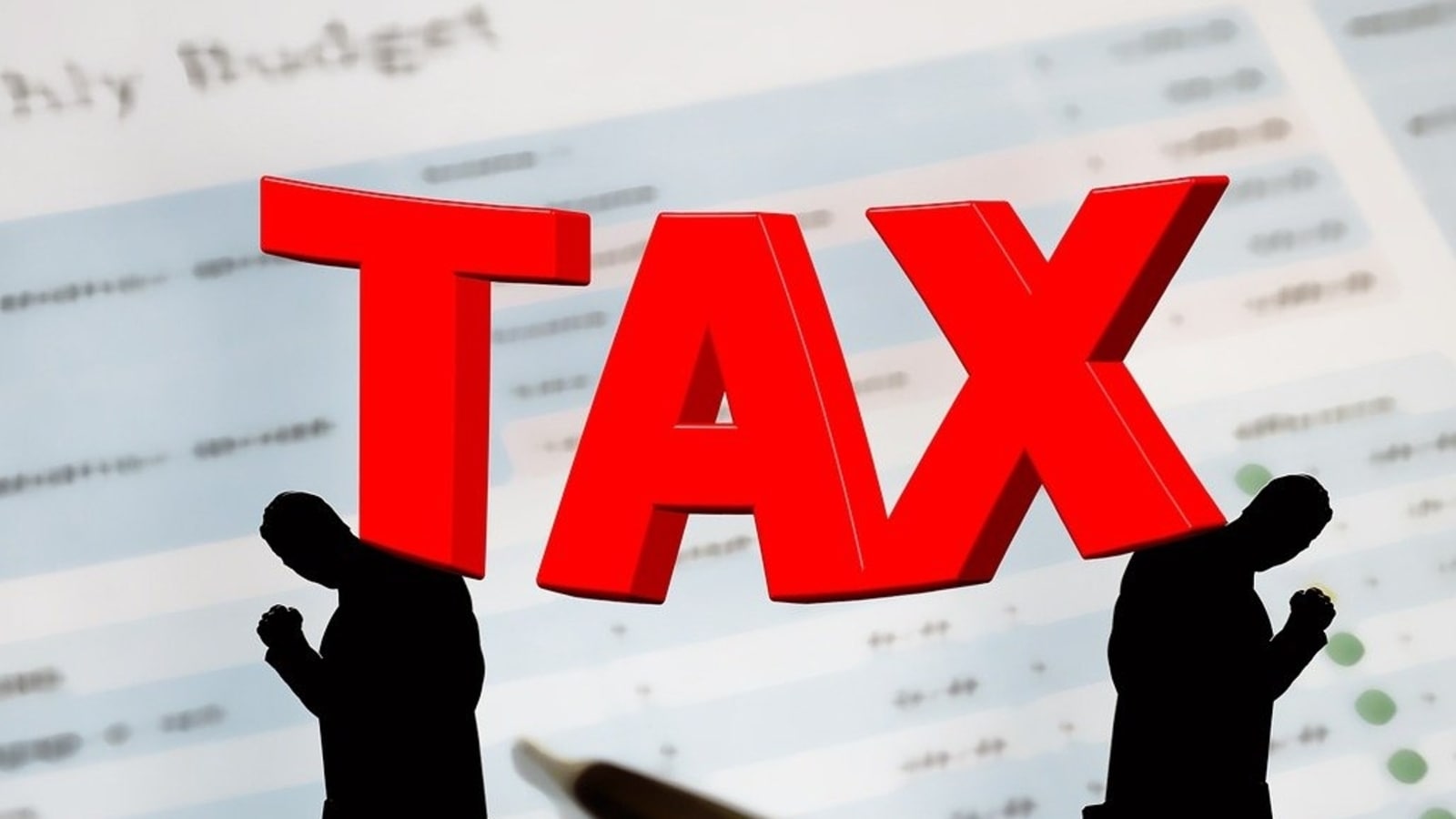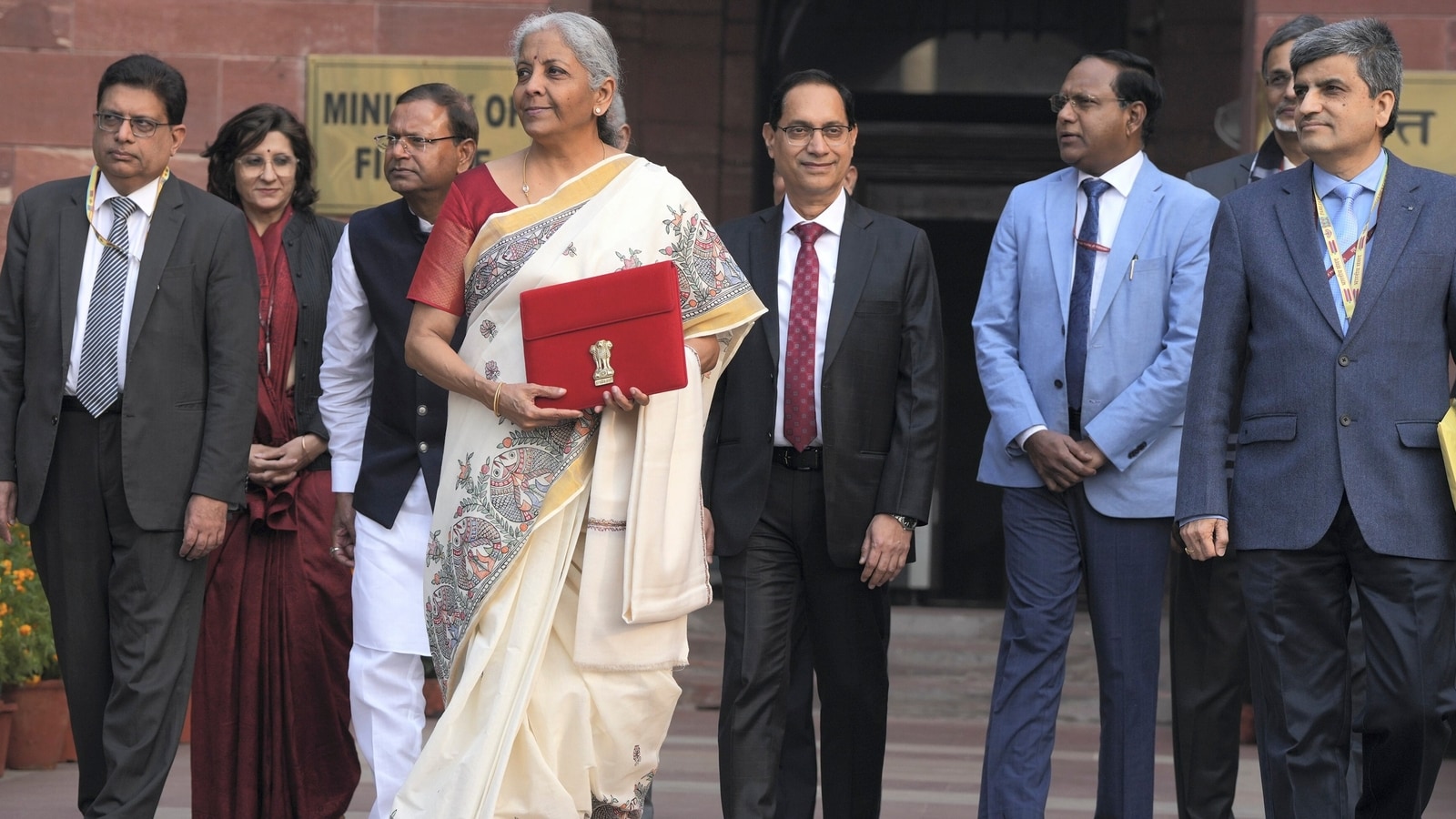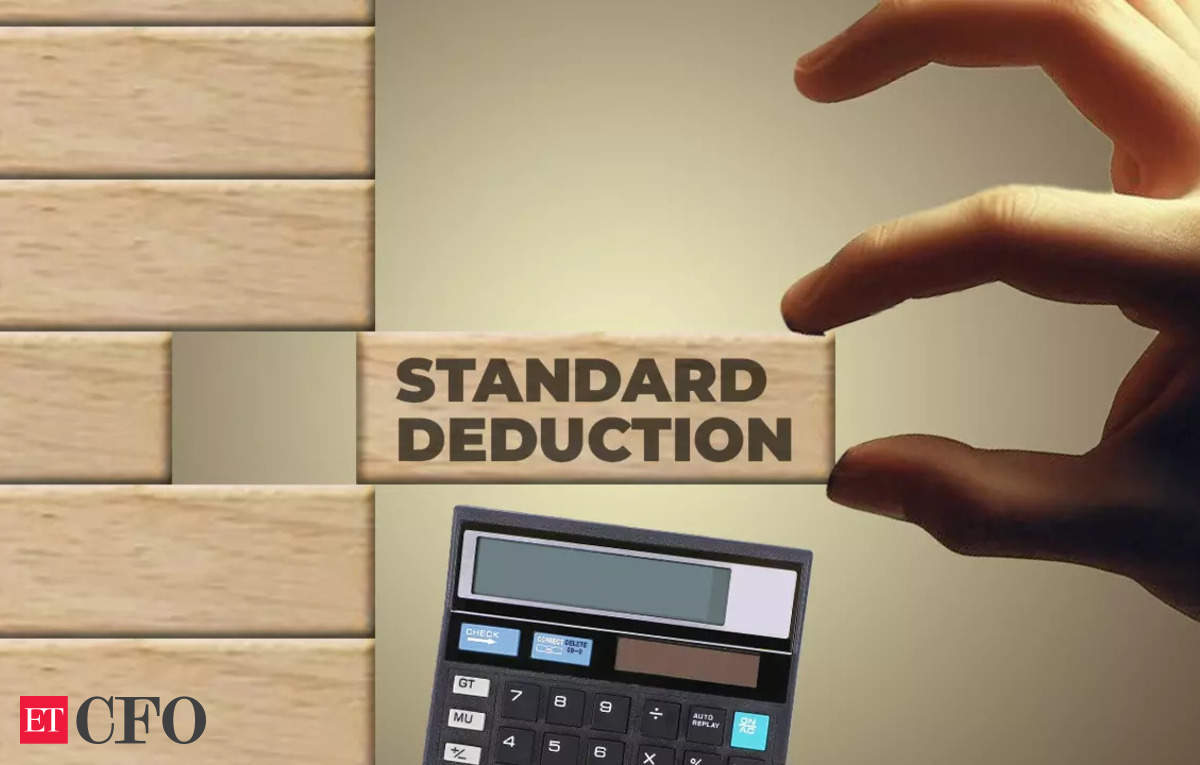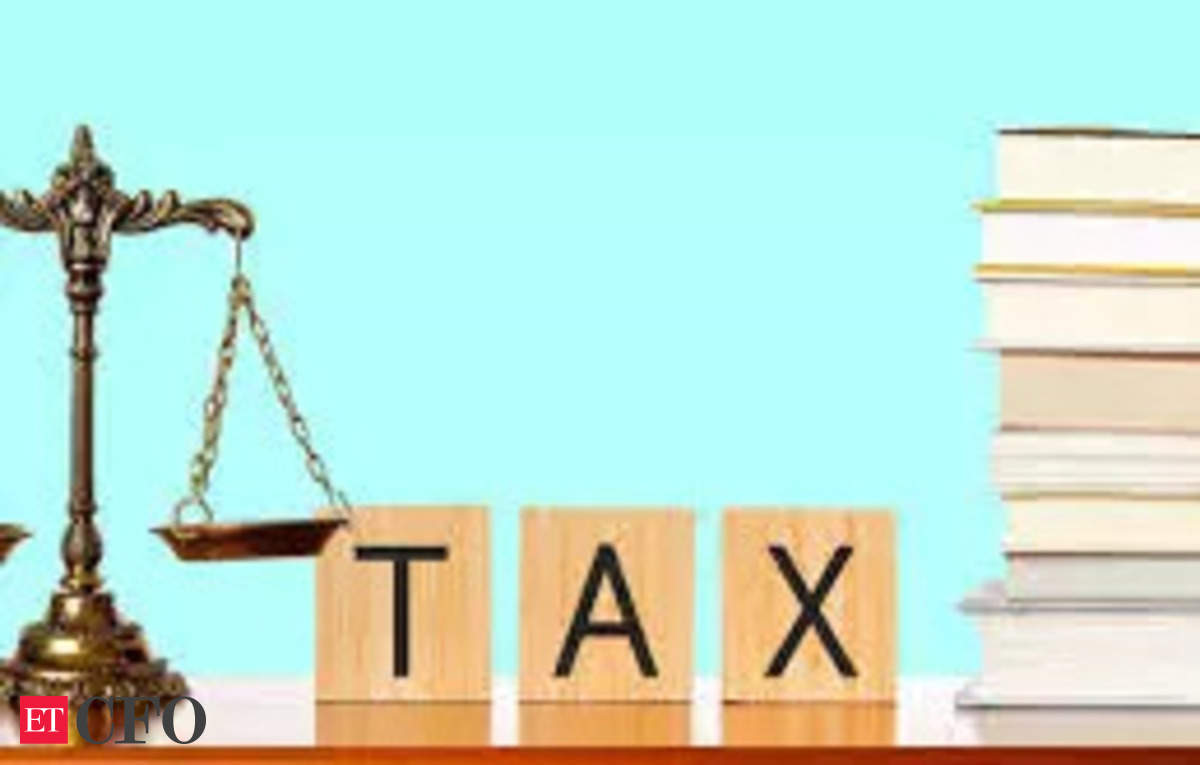An E-way Bill, or Electronic Way Bill, is a digital document required for the movement of goods within India. It acts as a permit, mandated by the Goods and Services Tax (GST) Act, for transporting goods with a value exceeding ₹50,000. Both registered and unregistered persons involved in the supply chain can be responsible for generating the E-way Bill, depending on the scenario.
The Goods and Services Tax Network (GSTN) is launching a new portal, the E-Way Bill 2 Portal, to enhance the existing E-way Bill system for transporting goods.
This new portal E-Way Bill 2 Portal (https://ewaybill2.gst.gov.in), launching on June 1st, 2024, will operate alongside the main E-way Bill portal (https://ewaybillgst.gov.in/) and offer several benefits:
- Increased Availability: The E-Way Bill 2 Portal ensures high availability, minimizing downtime and disruptions.
- Faster Synchronization: E-way bill details will synchronize between the two portals within seconds, promoting seamless data flow.
- Independent Functionality: Users can generate and update E-way Bills directly on the E-Way Bill 2 Portal.
- Web and API Access: The portal offers both web interface and API access for managing E-way Bills.
- Shared Login Credentials: Taxpayers and logistic operators can use their existing login credentials from the main portal.
- Contingency Plan: During technical issues with the main portal, the E-Way Bill 2 Portal can be used as a backup.
- Cross-Portal Functionality: Users can initiate and update Part-B of E-way Bills (transporter details) on either portal interchangeably.
- Enhanced Reliability: Even if the main portal is unavailable, Part-B details for E-way Bills generated on Portal 1 can be updated on Portal 2, allowing for continued operations.
For more information, please visit the official E-way Bill portals.

Visit www.cagurujiclasses.com for practical courses











